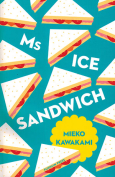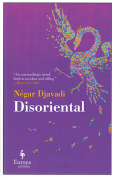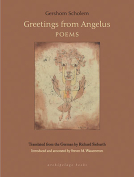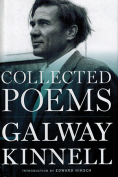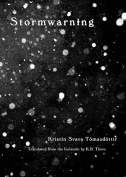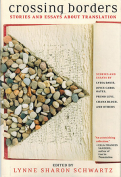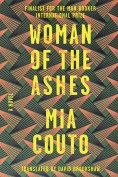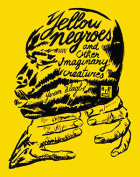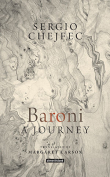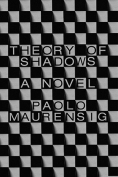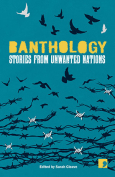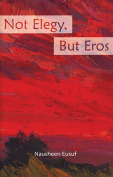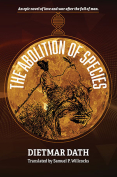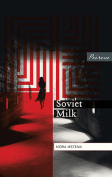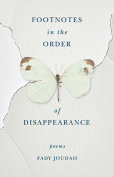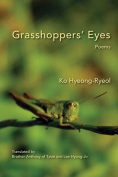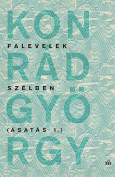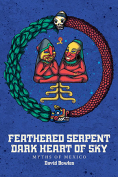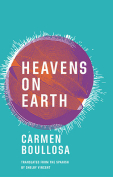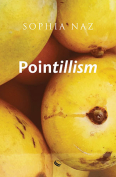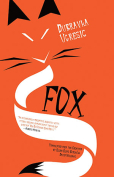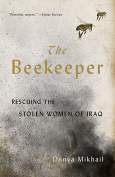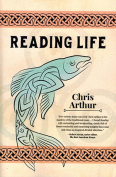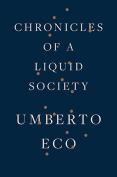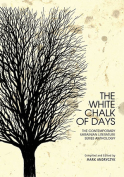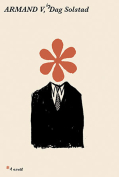Not Elegy, But Eros by Nausheen Eusuf
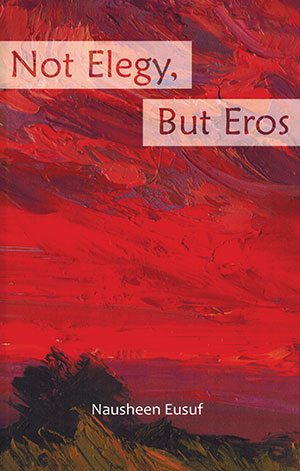 New York. NYQ Books. 2017. 88 pages.
New York. NYQ Books. 2017. 88 pages.
Trauma and grief tend to control one’s life once they have interjected themselves, and yet we continue to write about them as strangers—a carousel of sobriety and somberness. Perhaps, even, the wonderment at what could have been done differently. In Nausheen Eusuf’s debut poetry collection, Not Elegy, But Eros, we learn that though we must “honor the spirits / who step lightly through / the garden of our disgrace,” the sorrow eventually transfigures. Eusuf teaches us that recovering from grief or trauma might be the longest lesson one may ever have and that recovery does not always have to look like tears and black veils (see WLT, Sept. 2015, 50).
There is no absence of lament in this collection, however, as the introductory poem “The sorrows of the dead” teaches us. In the world, according to Eusuf’s speaker, we carry the sadness of loved ones through the continuum of our own mortal lives. We “tend to them the way [we] water the plants.” A poet’s job is to translate emotion, and Eusuf recognizes the nature of the grief process: it includes a litany of what-ifs and should-have-dones, “the way regret unsettles like a feather / on the windshield that turns, stalls, lies still, / and disappears.” This poem, as many of the poems in this collection do, asks to be read slowly, and the words turn over just so. The imagery and use of language invites us to celebrate each complex moment, especially those that are strange and difficult.
In the penultimate section of the book, some of the poems bounce around like child’s play. Poems like “Ode to Apostrophe” and “Overall” announce themselves in such a way that one might imagine Dr. Seuss-esque drawings in accompaniment. The use of language is playful and quick in these poems, as in the lines “A jigger, a poker / a poker-faced joker, / a two-timing stoker / of fire and smoke” in the poem “Ode to a Joke.” On first read, the insertion of such levity within the necessary lamentations felt almost chaotic. To feel the spread of deep pain that somehow leads into giddy wordplay is almost like being in a mirrored fun house. What I learn from Eusuf’s lesson is that the ecstasy and delight of this frolic in language is part of recovering oneself. We are as much silly as we are somber, and when we finally embrace emotional transitions, we will begin to grow from our traumas and accept the sum of all our experiences.
Sarah Warren
University of North Texas
